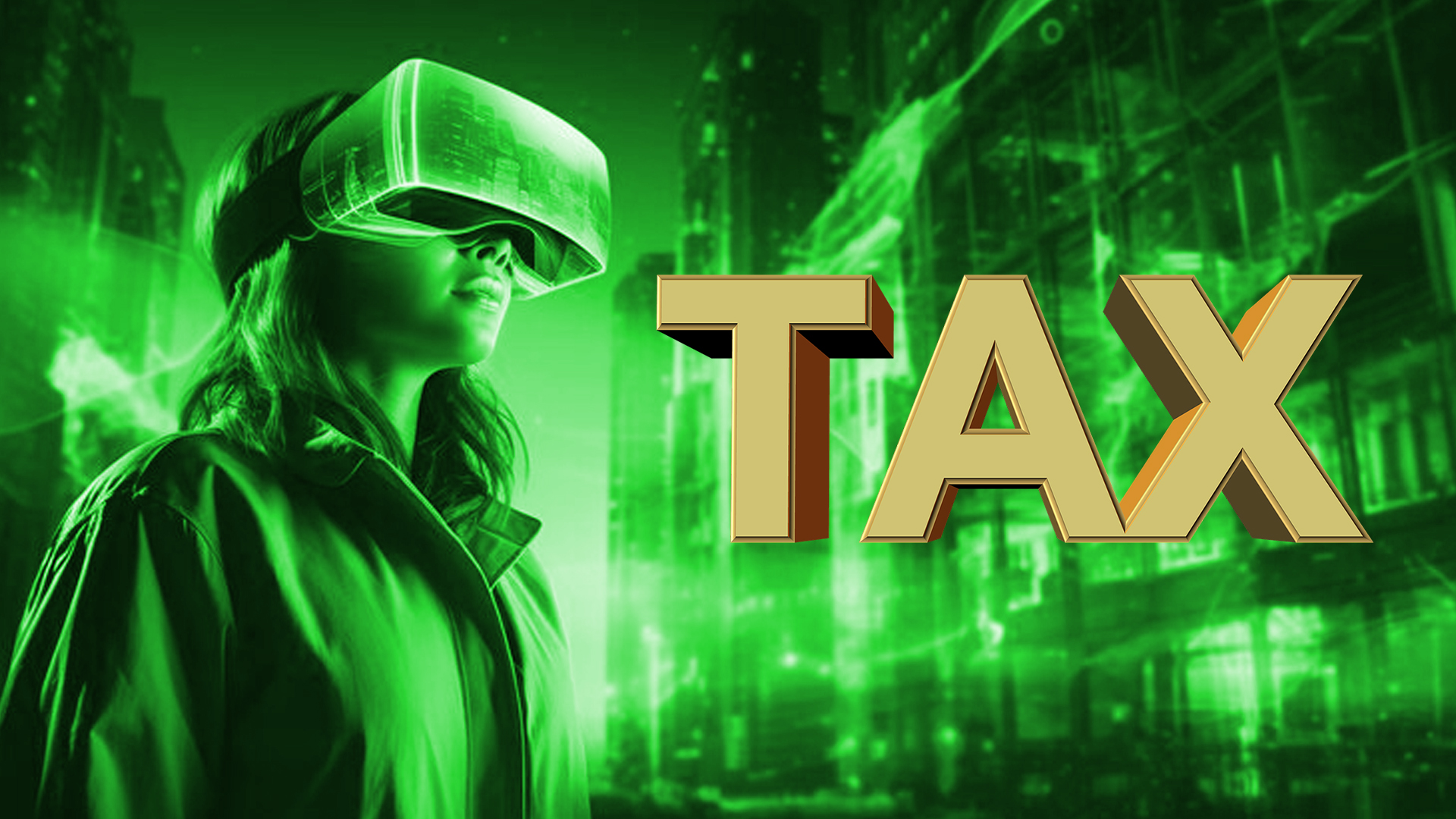- Taxation is a disadvantage in real estate, where tax is applied during the sale of property.
- The metaverse connects the digital world to augmented reality.
- The concept of real estate is very virtual in the metaverse.
Different types of taxes, such as GST, stamp duty, capital gain tax, etc., are applied at the time of selling a property. It is in different percentages based on the conditions at the time of sale. Metaverse is a virtual world that can provide great opportunities to people from different sectors with the help of government commissions from different countries.
Taxation In Real Estate
Taxation is considered one of the disadvantages of investing in real estate. There are different taxes that have to be paid while selling any property:
- Stamp Duty on Property
It is required to be paid on the property at the time of transfer of title to the property and registration with the government.
- TDS @1% on the sale of Property
It is deducted from the selling value if the transaction value is more than Rs. 50 lakh.
- GST on Property
The goods and services tax on the under-construction properties is 12%. It is 5% without ITC (Input Tax Credit) on residential properties. However, it is to be charged at 1% without ITC on residential properties that are included in an affordable housing segment.
- Capital Gains Tax
It is applied at the selling time of the property. It is paid by the seller, irrespective of the location, based on the time period. The tax would be cut as per the income tax slab rate if the property is held for less than 3 years. The flat rate of 20% is applicable if it is sold after 3 years.
Metaverse
The metaverse is a digital concept where augmented reality allows people to interact virtually. It basically combines the aspects of online gaming, social media, cryptocurrencies, etc. It enhances fictional realities. It is considered a vast network that allows users to interact professionally and socially via their avatars.
The concept of real estate in the metaverse is virtual, as a user takes or buys a place in the virtual world.
It is believed that Europe has what the metaverse takes to lead the next technological transition. The European Commission has announced that its aim is to propose tools that develop open, human-centric virtual worlds like metaverses. These tools may provide a vast array of opportunities and possibilities for service actors, service, creative arts, and citizens. These may address broader social challenges such as smart cities and health.
Conclusion
Taxation is considered a disadvantage in real estate, as there are different types of taxes applied at the time of selling a property based on different conditions. Metaverse is a virtual world that interacts with digital and augmented reality. It gives users a virtual sense of presence, entertainment, etc. where they can interact easily. The concept of real estate is completely virtual in the world of the metaverse. Commissions from different countries are aiming to propose tools that provide more opportunities for different sectors with the help of the metaverse.
